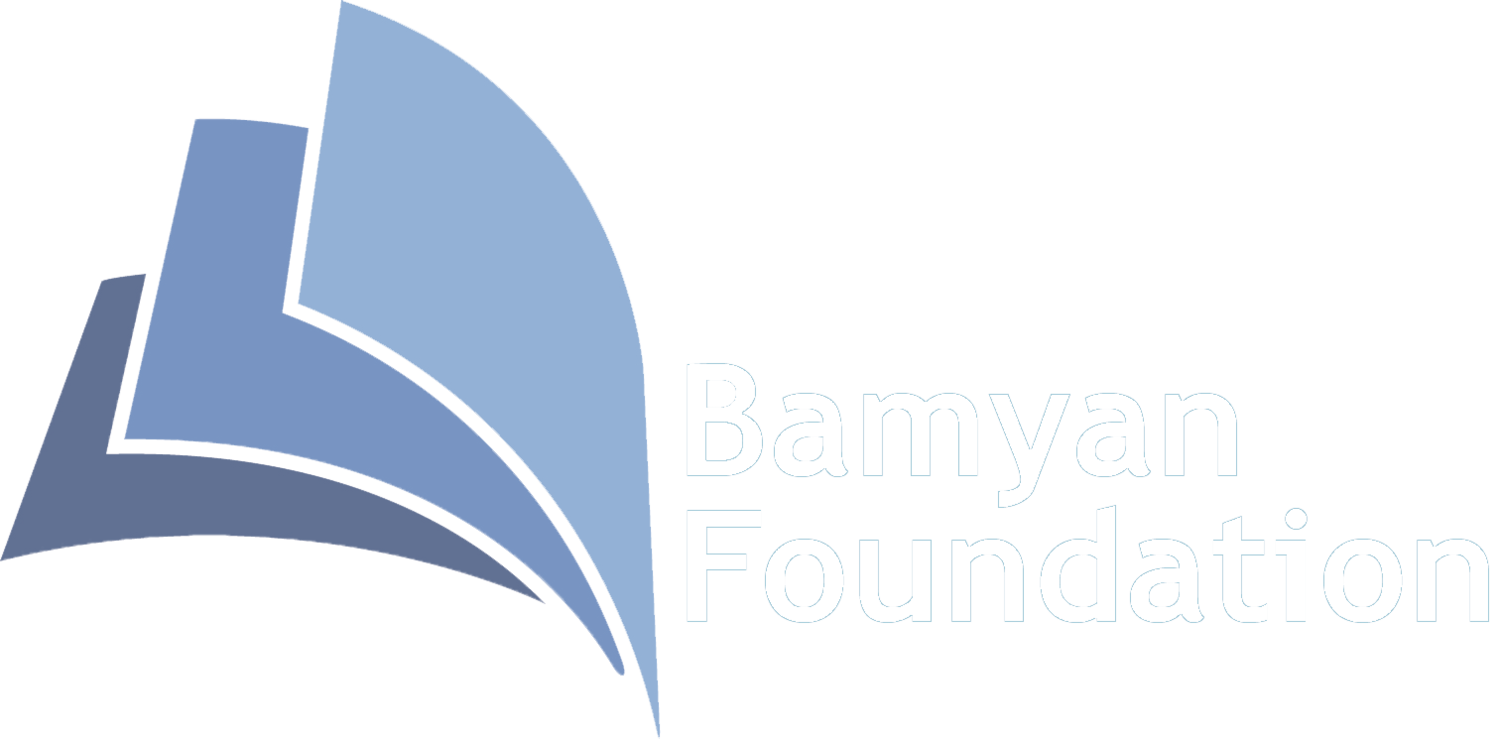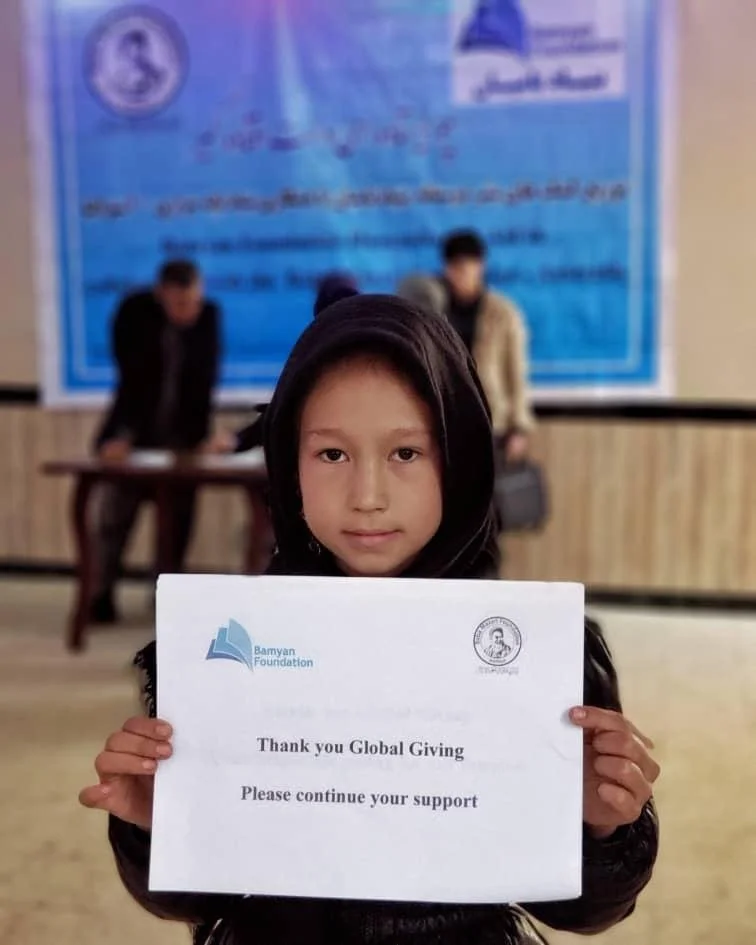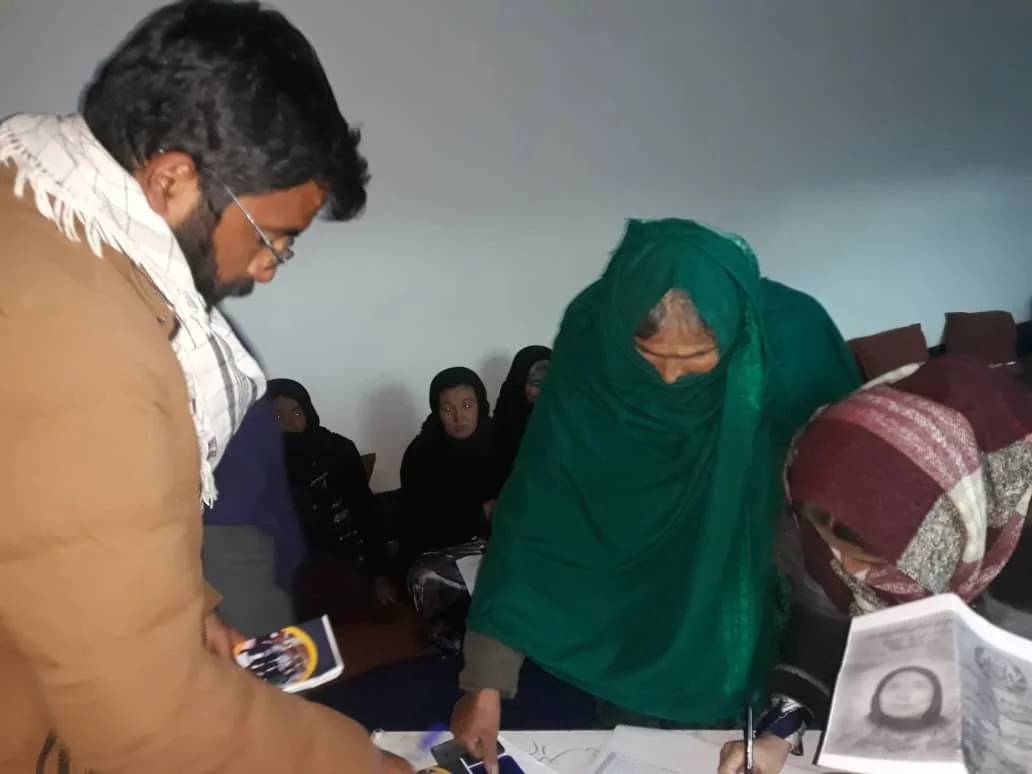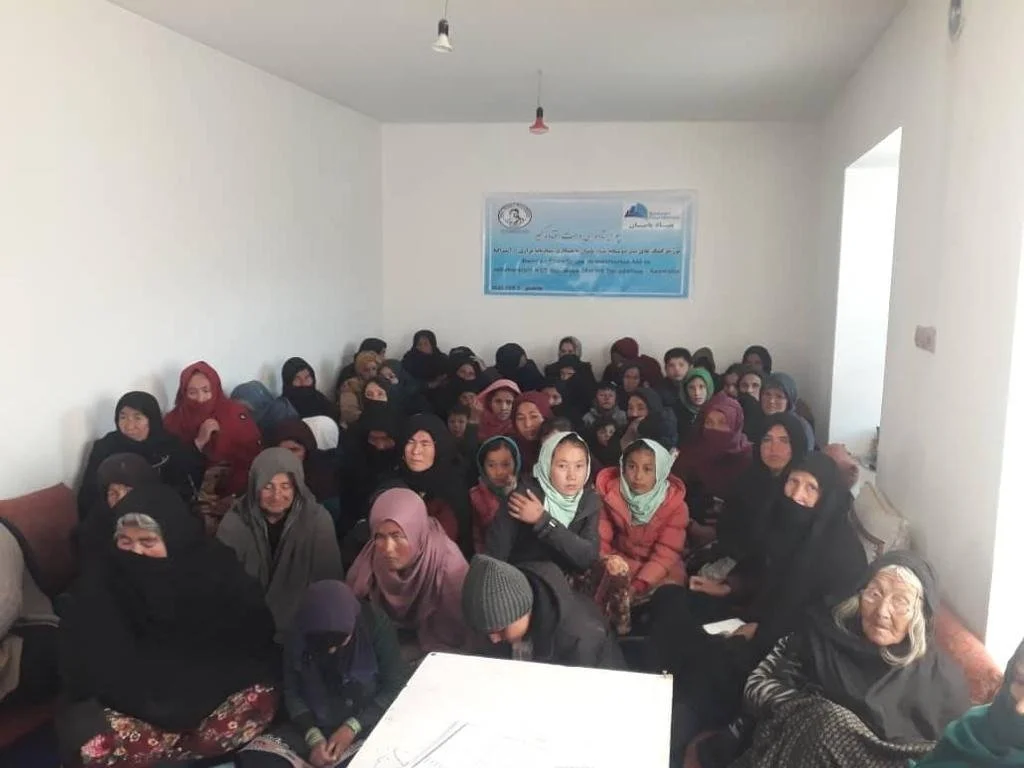Distribution Of Humanitarian Aid in Kabul and Daykundi/Daikundi Provinces in Afghanistan and Quetta, Pakistan (January 2022 - April 2022)
With the collapse of the Afghan government in August 2021, the termination of foreign aid, and the destruction of the economic infrastructure of the country, many Afghans, especially in urban areas and particularly in predominately Hazara areas, have lost their jobs and daily income. This has led to many people suffering from poverty and hunger and a substantial percentage of people even have difficulty feeding their families and not knowing where their next meal will come from. This is in addition to the dire situation of forced displacements and confiscation of land and property.
The national and international organization that have a direct responsibility to identify and provide aid to people in need, often cannot provide enough support to the number of people in need and/or their method of identifying families in need are flawed. This is particularly apparent in predominantly Hazara provinces and neighborhoods in urban areas, where the majority of the population are in dire need and on the verge of starvation. The little aid that does get to these areas are often too little to reach the vast numbers of people who are in need. This indicates that either these institutions are not aware of the reality on the ground, or the aid is diverted by the Taliban from these communities to the ones they prefer.
Hazaras are known to be a hardworking and dignified people and often can cope with their difficult situation in light of the endemic discrimination and marginalization; however the current situation has additional aspects. In recent years many of the Hazara households migrated from rural to urban centers to find employment, but often they ended up doing manual labor. Their lack of access to and knowledge of international and national organizations that provide humanitarian support only adds to their dire situation.
January - February 2022:
Our volunteer team has been able to survey and identify 3,000 families in-need from poor neighborhoods in Kabul and other parts of the country, especially in predominately Hazara areas where international aid is rarely seen. Bamyan Foundation has been able to support 156 families with each family receiving 9500 Afghani (~$105) in Kabul, 29 families with each family receiving 5000 Afghani in Kabul, and 50 families receiving 9850 Afghani (AFN) per family (~$110) in Daykundi (Total number of families supported: 235). This type of cash assistance was crucial that helped prevent these families from absolute poverty and starvation; however, we recognize that this is not sustainable, and we know these are short-term solutions.
The distribution of aid in Kabul was implemented in collaboration with Baba Mazari Foundation and Mohammad Amin Private School, and local community leaders. Due to the security situation, the lack of rule of law, and in order to protect our volunteers, the distribution occurred in three stages as to not attract the Taliban. The first phase of the aid distribution reached 120 families and the second phase included the remaining 36 families in multiple neighborhoods in west of Kabul, 9500 AFN for each family. In a separate collaboration with a community leader, the Foundation provided 5000 AFN to 29 families in another impoverished Hazara neighborhood in Kabul.
The same strategy was employed in Daykundi province; 42 families received aid in the town of Nili while eight of the 50 families were in Shahrestan district due to a recent forced displacements. One of our volunteers went to the Shahrestan district and distributed the assistance.
The recipients of the assistance in Kabul were the families of those killed in terrorist attacks, widows and their children, and families living in extreme poverty. In Daikundi, many of the families were those who were recently displaced by the Taliban from their homes, most of whom are widows whose husbands were killed by the Taliban, or families who have no breadwinners. All these families in the two provinces were previously identified through a field survey and referral system developed in partnership with trusted sources and community leaders.
Everyone who received the assistance thanked the sponsors of this program through the distribution team and said that they faced severe problems after the Taliban takeover, and many had been struggling to purchase basic food and necessities to survive for another week/month.
In Kabul, a widow who has 6 children said that the only person who had been helping her was the shopkeeper nearby who would give her a few kilos of flour as charity every week that she could then bake bread for her children. She said, “I am grateful to Bamyan Foundation who is helping the poorest people like me right now. Your support means my children don’t starve this month.” Similarly, in Daikundi, families shared their gratitude and expressed that we helped them rise above absolute poverty at this moment.
The aid assistance also included $4800 in scholarships for 15 Sayed-Ul-Shuhada students at Pegah High School, and $2400 as COVID support for 24 teachers at Rahnaward High School.
We provided an amount of $5000 for Baba Mazari Foundation’s team in Quetta to distribute as cash assistance for 50 vulnerable refugee families in Quetta, Pakistan, who had fled violence and persecution following the collapse of Afghan government.
The total aid package amounted to 33,260 USD.
This lifesaving assistance was possible due to the generous grants from Global Giving’s Afghanistan’s Emergency Response, Coronavirus Relief programs and the kindness of our supporters.
April 2022:
In May 2021, a large explosion took place in front of the Sayed-ul-Shuhada girls' school in Kabul, killing at least 85, majority of them school girls with 280 wounded. Nine of the wounded were in critical condition who could have died or been disabled for life if not transferred to a well-equipped hospital.
With the cooperation of a group of benefactors inside and outside Afghanistan, the nine wounded traveled to Turkey with a companion. The sum of one hundred thousand US dollars was paid to Bashkend Hospital in Ankara, which was to be used until the end of the treatment of the wounded. But some of the injured costed more than the hospital initially estimated. Eventually, after the fall of Kabul and the cessation of most activities, other aid agencies were unable to continue supporting the wounded.
There are currently seven wounded in Turkey and some of them still need medical treatment - Shakila, who has a defective eye area, and Marzia, who has suffered serious injuries to both legs, need long-term treatment. However, the hospital is no longer continuing their treatment, and the families of the two injured cannot afford to pay.
Marzia is in Ankara and Shakila is in the city of Urdu. These traumatized girls need money to cover the cost of their treatment and basic necessities.
The Foundation provided an amount of $1200 on April 16, 2022 to help with the operation on Marzia's legs. We wish her a speedy recovery (please see her photo attached).
Marzia recovering in Turkey
Hasan Kayhan, Zahra Yagana, Maryam Laly and Timor Karimy contributed to this report.
Video edits: Fatima Hasani





